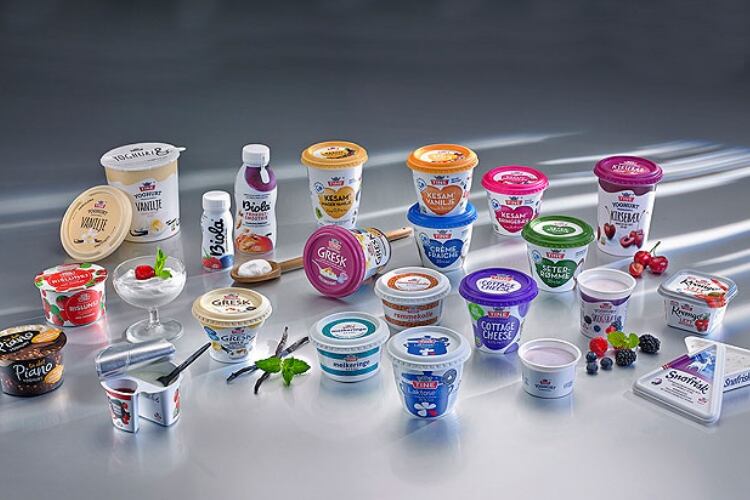The agreement involves three companies within the RPC Group with which TINE already has relationships, covering a broad range of plastic packs, including containers, pails, pots and bottles.
The objective of the deal with RPC Superfos (injection moulding and thermoforming), RPC Bebo (thermoforming) and RPC Kambo (injection moulding and blow moulding) is to deliver increased efficiency, stability and packaging product development for what RPC Group says is “an optimal end-user experience.”
Sindre W. Møgster-Walthinsen, senior category manager – TINE Procurement DM, said, “Based on our positive experience with the RPC companies, we decided to enter a cooperation agreement, because we expect it to result in a range of important advantages.
“As a leading dairy company operating in a competitive environment, we have to stay on top of development. Our packaging must be functional, sustainable and competitive − and always attractive in the eyes of the end-user. With this new setup, we will obtain improved working processes and an increased number of innovative packaging solutions in line with current market demands.”
Importance of carbon footprint
Møgster-Walthinsen added, “Our goal is to choose the right type of plastic material for the packaging of our products and to use an optimal amount of virgin material.
“We look forward to innovative solutions with oxygen and light barrier protection consisting of one single type of material. In future, plastic packaging must be adapted for a circular economy with increased recycling and reuse.
“It is vital for us that RPC understands our customers and end-users. We also value sound knowledge about the carbon footprint and recycling when cooperating with our suppliers. From our point of view, it is important that suppliers like RPC have the broadest understanding of packaging materials.”

